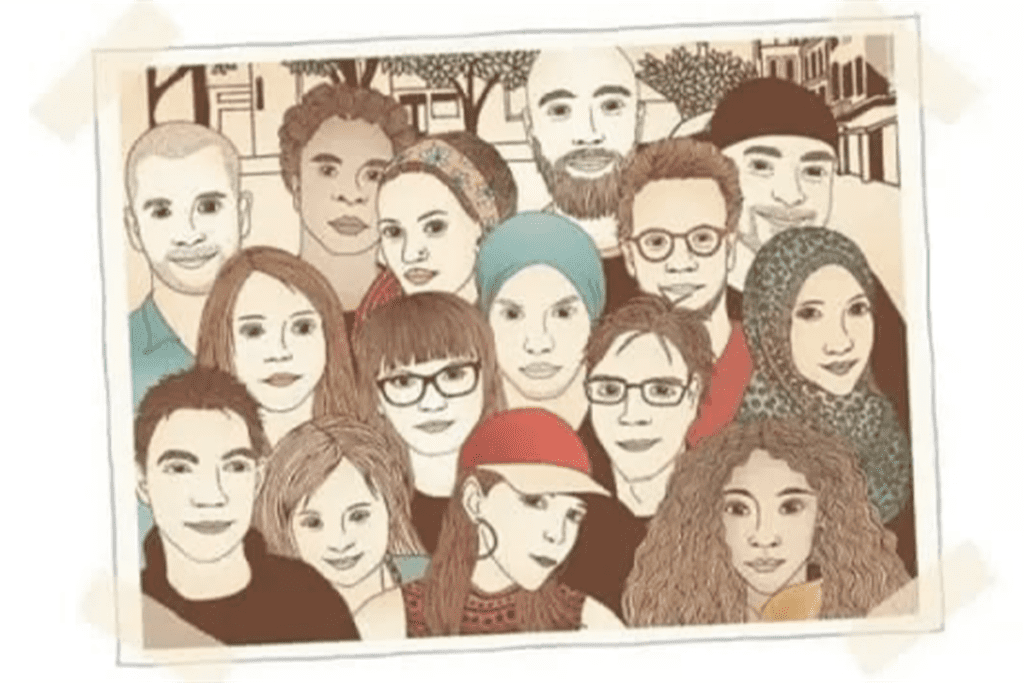Finding My Voice: Navigating Authenticity as an Asian

As an Asian raised with collectivist values, I struggled to find my voice. Expressing my true thoughts and feelings didn’t always align with keeping harmony. I often wondered, “Can I really be my authentic self if I do not openly assert my individuality?” Pop culture frequently equates authenticity with freely articulating your inner world. But […]
Reflections: How Did I Become an Authenticity Researcher?

For a long time now, I have always wondered if authenticity and being Asian are compatible. Having grown up in Singapore and coming from a traditional Chinese family, I’ve been taught to greet my elders and respect authority figures. We have a saying in mandarin, ‘ 入得厨房 出得厅堂’. It means that an ideal woman is […]
Authenticity: Is Being True to Ourselves Enough?

What do you think of this necklace?” the wife asked. It was a thin silver chain with a dark, large stone encased in silver. “I think it’s gaudy, something my grandmother might wear,” the husband replied. What is your first response if you were the wife? The husband here is Dennis D. Waskul, a professor […]
